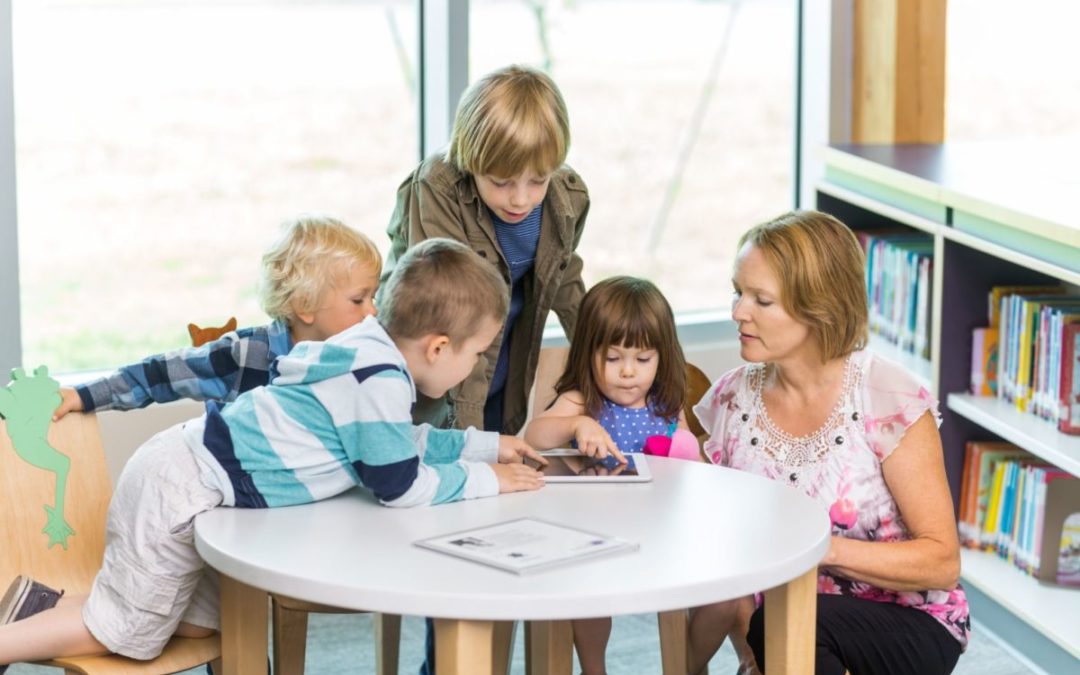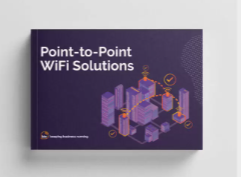Wireless technology makes mobile learning possible in the modern classroom, allowing today’s children to access the latest and most effective learning tools.
Research shows that digital technology helps pupils learn and acquire language more quickly as they progress through primary school.
In 2005, Pearson et al. showed that using technology actively encourages and supports children as they learn to read, write and talk more confidently.
Today technology offers even more benefits. Tablets and smartphones help pupils to enjoy their learning, giving them the opportunity to work at their own pace, become independent learners and collaborate more readily with others.
Mobile devices also offer teachers new ways of assessing progress, and even allow parents to become more involved in their children’s learning.
Pupils Are More Motivated
Laptops, tablets and smartphones give pupils greater confidence as they learn. This is because modern apps make learning language fun through the use of animation, music, sounds, video and other multimedia technology.
But these devices are also powerful because they put children in control of their learning, and this increases motivation. They offer children choices about how to learn and this gives each child confidence that they can learn, even if they find it difficult.
Children Discover More Ways to Learn
There are so many different opportunities to learn digitally. Rather than just reading printed text, children can use apps, e-books and websites to read hypertext, with links to explanations, images and other relevant information to help understanding.
Built-in language support makes it easier to connect the meaning of words and pictures. Early years students can use touchscreens to listen to how words are pronounced or see how they are spelt.
Embedded videos can really bring words to life by telling a story or showing children how words are used in the real world.
Children Learn At Their Own Pace
Recent action research by Canadian language teacher Gerry Gaudet found that pupils who have access to their own tablet chose the digital tools they need to learn at their own pace.
This makes differentiation easier and more natural for teachers, and helps each child become more independent. Children who struggle with language skills benefit because they have access to more support with specialist apps, helping them enjoy learning and make progress.
Digital devices deliver higher self-esteem for pupils and better attainment results.
Children Learn in the Real World
Digital devices can also bring the real world into the classroom through external websites, embedded videos or webcams. In this way, pupils can see how others use words in the world around them, helping them to see the purpose of their learning.
At the same time, teachers can support pupils as they navigate digital information, helping them to do so safely and appropriately.
This real-world aspect really helps motivation and gives added confidence as children discover the world around them.
Pupils Experiment and Collaborate More
Using apps and e-books in their learning helps primary school children develop 21st century communication skills, and it also allows them to experiment and take risks.
In the Gaudet study, many students used content-creation apps such as ShowMe and iMovie in new and creative ways that their teacher did not expect. They did this at the same time as acquiring new language skills.
Mobile technology is key to fostering this kind of creative risk-taking and collaboration, encouraging students to share their ideas and learn from their mistakes.
WiFi Makes It All Possible
KBR has 30 years of experience successfully planning, installing and supporting bespoke WiFi for schools across the North East of England. To speak to one of our team about upgrading your WiFi or how WiFi can help your school, contact us on 0191 492 1492, or email info@kbr.co.uk.

